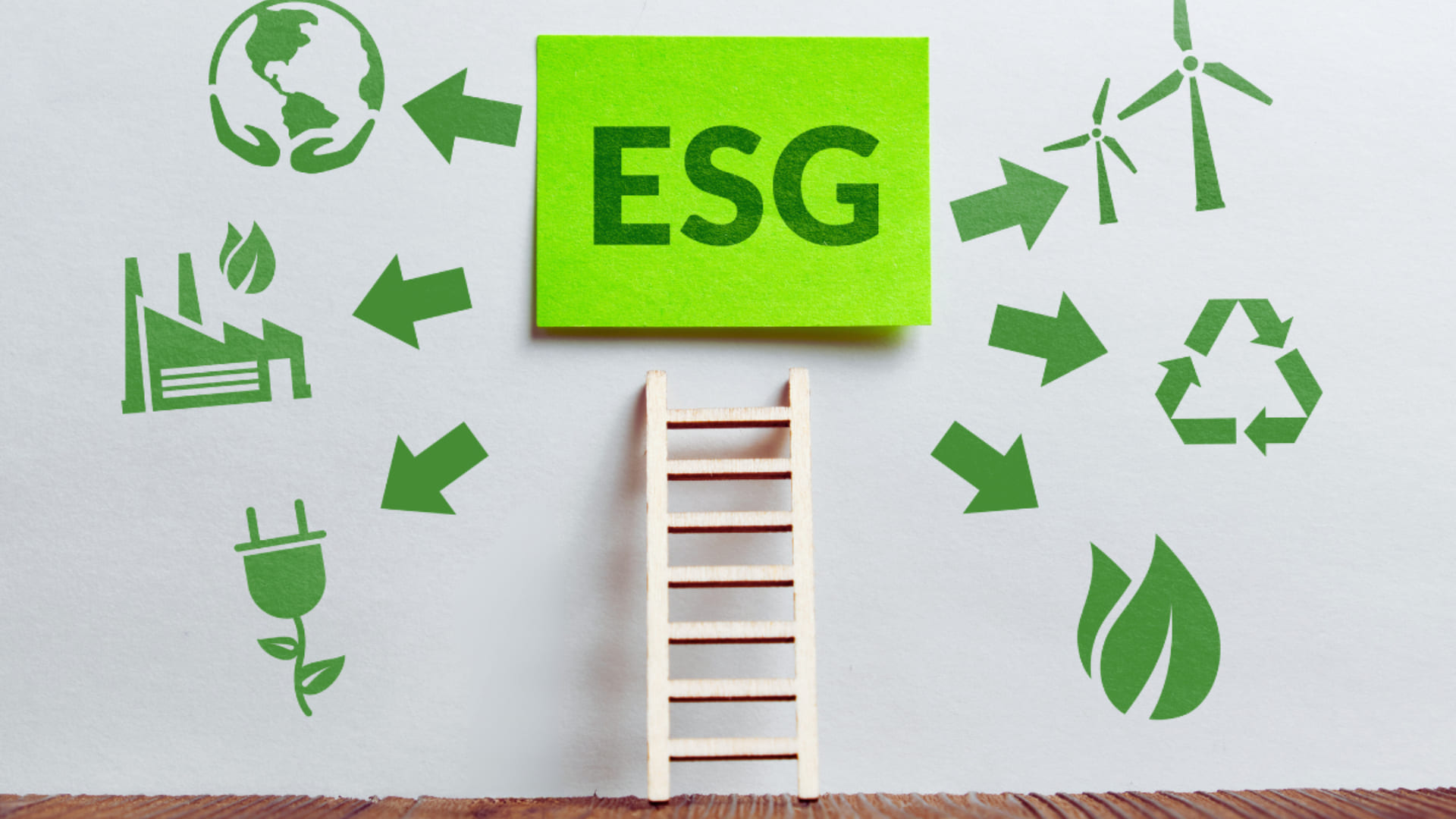
2024 will be a year defined by the value of businesses capable of balancing economic performance, environmental impact, and social responsibility. Sustainability is becoming an increasingly crucial element in corporate strategies, not only as an evaluation from consumers but as a central factor for business success. The future of companies is indeed shaped by ESG objectives, which represent a tangible way to measure a company’s commitment and responsibility towards the environment, social policies, and ethical management.
What Are ESG Principles?
The acronym ESG, which stands for “Environmental, Social, and Governance,” represents three fundamental pillars that together define a company’s commitment in this field. These are key indicators used to evaluate businesses and organizations through a three-dimensional assessment that encompasses environmental, social, and governance aspects. The “E” pillar includes data related to CO2 emissions, the use of renewable energy, consumption of natural resources such as water and raw materials, and contributions to environmental pollution. These indicators allow for the monitoring of the specific environmental impacts generated by each business activity.
The letter “S” deals with corporate social responsibility and includes topics such as respect for human rights, health and safety of workers, and their overall well-being. Concepts like equality, respect, and equal opportunities fall into this category.
Finally, the letter “G” concerns all aspects related to corporate governance and organization. Effective and ethical management of the company is crucial to obtain a positive rating according to ESG criteria.
Sustainability, expressed through ESG criteria, knows no limits or specific fields of application. This value, objective, and approach can be adapted in various ways depending on the characteristics of each organization.
Advantages on Credit Lines
The environmental sustainability report serves as a fundamental reporting tool that allows companies to communicate internally and externally their sustainability performance, evaluated through ESG criteria. The gradual introduction of this document, starting in 2024, is regulated by EU Directive 2022/2464. Many companies have already recognized the value and opportunities derived from drafting this report.
The benefits may include:
- Easier access to relationships with public authorities: The preparation of a sustainability report facilitates interaction with public institutions, allowing companies to engage in a smoother and more favorable dialogue with the public administration.
- Better attraction and retention of qualified talent: Effective communication of the company’s sustainable practices attracts and retains qualified professionals, contributing to the consolidation of a skilled workforce.
- Development of a sustainable supply chain with suppliers: Transparency and commitment to sustainability stimulate the creation of a responsible supply chain, fostering collaborations with suppliers that share similar values.
- Improvement of brand reputation: Concrete demonstrations of efforts toward sustainability help build a positive reputation for the brand, influencing public opinion favorably.
- Preferred access to credit markets: Growing interest from financial institutions in ESG data leads to better access to credit for companies. ESG information, collected in accordance with supervisory authority regulations, is now considered a decisive factor in assessing the creditworthiness of companies of all sizes.
The preparation of the sustainability report not only responds to an ethical perspective but also represents a strategic opportunity that offers tangible benefits in credit lines, consolidating companies’ positions in the current economic and regulatory landscape.
Ciesse Hub Services
Ciesse Hub, the research and development laboratory, stands out for its long-standing commitment to developing sustainable, tailor-made solutions for businesses. Through a highly specialized approach, the team of technicians can accurately assess the state of the art of companies in relation to ESG goals and principles, providing targeted assistance to help them progress further. The laboratory acts like an expert tailor, creating solutions that perfectly fit the specific needs of each company. Ciesse Hub’s experts have a deep understanding of ESG goals and offer personalized consulting, providing strategic and operational support that enables companies to effectively progress toward greater sustainability. By leveraging advanced expertise and a tailored approach, Ciesse Hub positions itself as the ideal partner for companies aspiring to integrate ESG principles into their structure and operations. The commitment goes beyond simple analysis. CIESSE HUB builds sustainable solutions that perfectly adapt to the context and needs of each client.